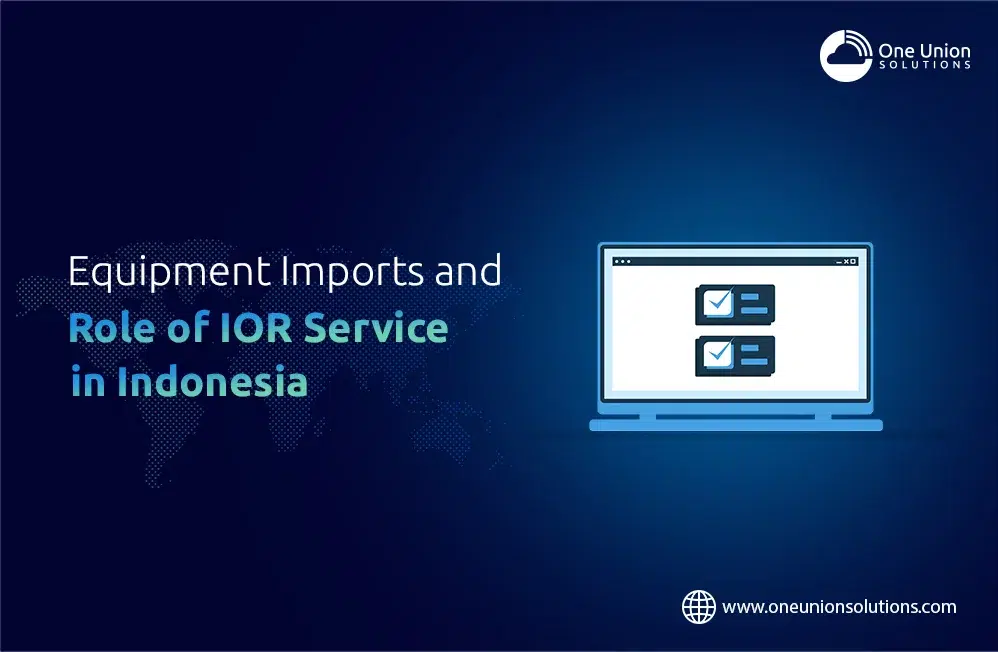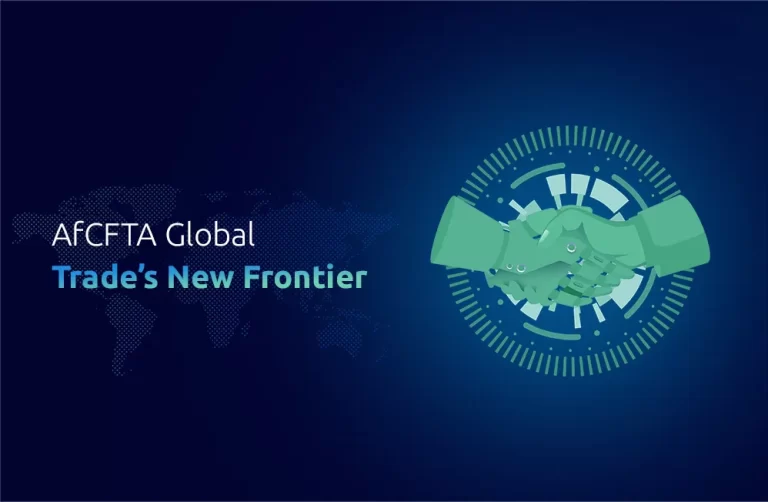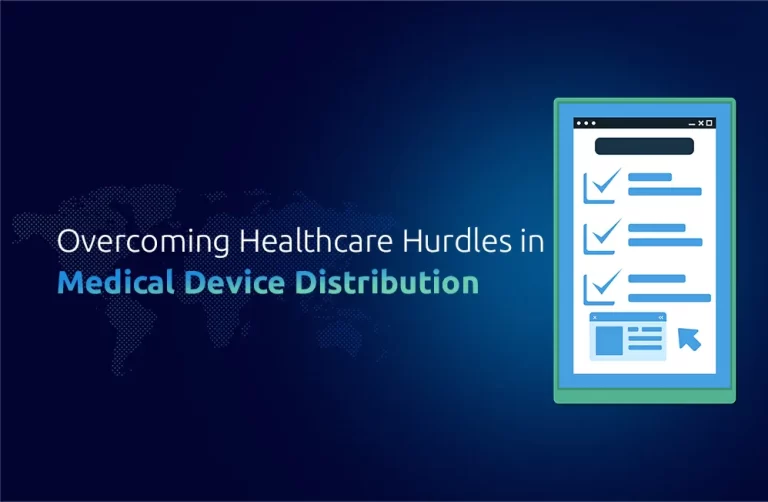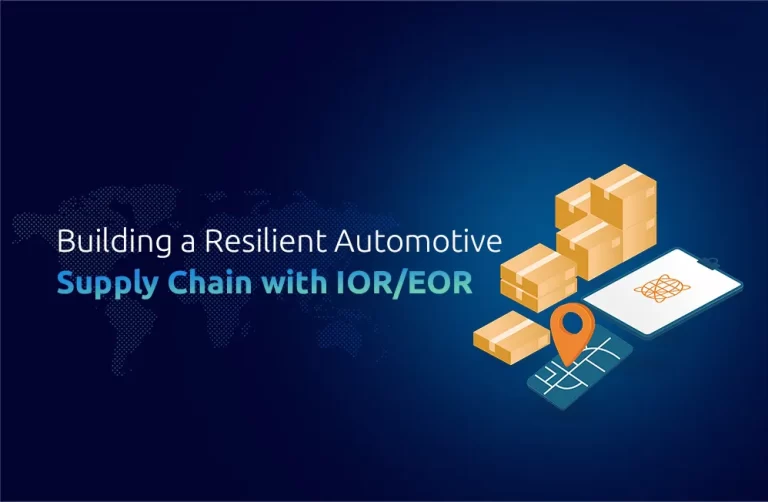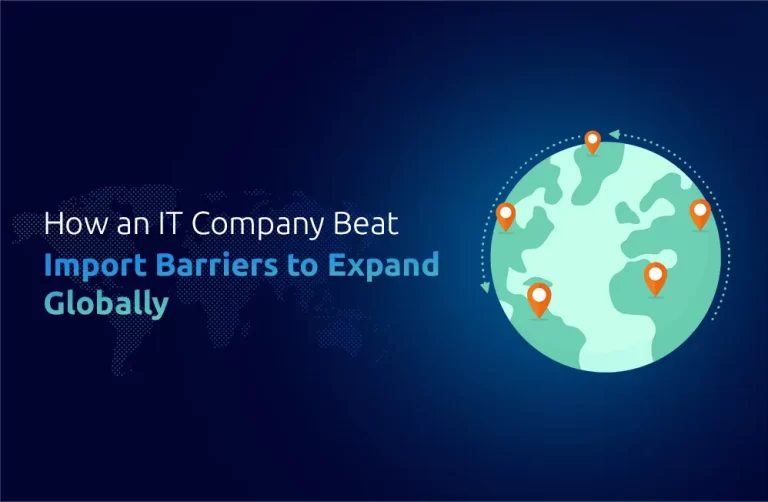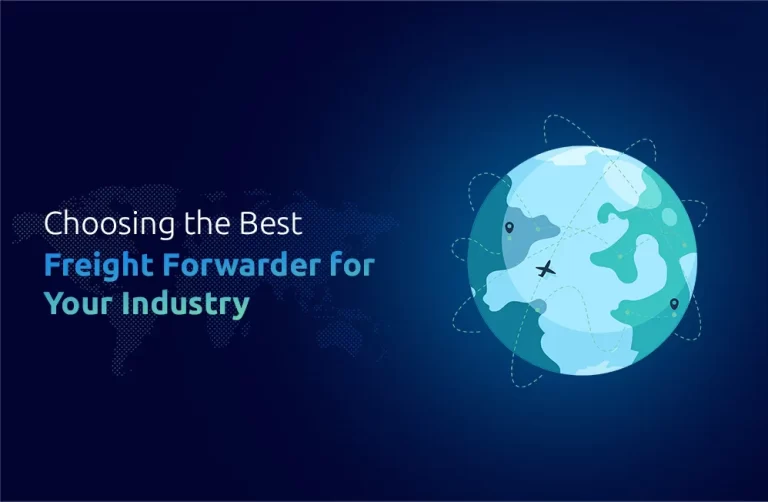One of many underdeveloped Asian nations, like Indonesia, is working to improve its Gross Domestic Product (GDP) and standing worldwide.
The main hub of business activity is Jakarta, which has many opportunities for data centers and technological growth at a relatively affordable price.
Indonesia is the fourth most populous country in the world, with a population of over 276 million, and most of this large population wants to pursue education in western growing sectors; as a result, technology plays a critical role in fostering opportunities for growth for both businesses and personnel.
In Indonesia, many young people invest a lot of time and effort in mastering information technology (IT) skills like coding, networking, etc. They aim to be the best in their industry to obtain favorable possibilities inside and outside Indonesia.
As a result, Indonesia’s consumption of technology has increased. Jakarta is a rising star that is catching the attention of international businesses due to its advantageous location for travel between Europe, Australasia, and the Middle East, its proximity to Singapore’s ports, and its ample scope for growth.
We will walk you through the process of importation of goods related to the technology industry into Indonesia. After careful reading, if you still find that process intimidating, don’t worry. You also have the option of using an IOR service in Indonesia.
One Union Solutions offers importer solutions to conduct your business of importing goods into Indonesia with complete peace of mind.
Indonesian import regulations for networking and IT
Registration (NIB)
Importers are registered with the Investment Coordination Board (BKPM) and given a NIB, or Business Registration Number, which acts as a single point of identification. Businesses can import goods and comply with customs requirements thanks to NIB.
An importer must file a business license application to continue. Both business and commercial or operational licenses are included in this application.
Businesses can obtain the following with a Business Registration Number:
- (TDP) i.e., Certificate of Company Registration
- (NIK) i.e., Customs Registration
- (API) i.e., Importer Identification Number
Importer Identification Number (API)
When registering a NIB, an importer must pick which API to use.
There are now two types of API available:
- API-U, or (General API), is approved for importers who bring goods for dealing with or transferring to third parties and end customers.
- API-P, or “Producer API,” is approved for importers that bring in goods for their own use, such as supporting supplies, raw materials, and/or items to help the production process.
- A single online submission (OSS) must be submitted and registered with the Directorate General of Customs & Excise (DGCE) to import goods on a one-time-only basis.
Electronic Interchange on PIB
Any commodity brought into Indonesia must be declared to the customs authorities. Importers must first hold NIB licenses to complete the declaration process. The portal contains a Customs Declaration form, known as a “PIB.” The importer can complete it. Supporting documents such as the (AWB), i.e., Airway Bill, Commercial Invoice, Product Datasheets, & Packing List, will be needed.
Once the goods are in customs, the importer can apply for PIB. The shipping charges, including taxes and customs, are now determined. Importers should be aware that Indonesian customs officials are strict regarding fair market value. They assess the acceptable worth in various ways if they feel that the items are being sold below market value.
Daily Customs Storage Fees for Goods
For the storage of goods, while the PIB application is being created and approved, Indonesian customs charges daily storage fees.
LARTAS
Indonesia regulates the import and export of prohibited or restricted goods through a system known as LARTAS, or Larangan dan Pembatasan, which translates to “prohibitions and restrictions.” LARTAS governs electronics and communication equipment, so obtaining a license is required before bringing the goods in.
Indonesian Importation Duty and Taxes
The CIF value (i.e., cost, insurance, and freight) is the basis for taxes and duties.
Calculation of Import Duty and Taxes:
- Import Duty = Customs Duty Tariff x CIF
- Value Added Tax (VAT) = 10% x [CIF Value + import duty]
- Article 22 Income Tax = Tariff x [CIF Value+ import duty] the tariff of 2.5%, 7.5% & 10% depending on the type of goods
Main Airports
For Importation into Indonesia following are the main Airports:
Bali Ngurah Rai International Airport Denpasar- DPS
Juanda International Airport (JIA) – SUB
Soekarno–Hatta International Airport – CGK
Documentation for Customs
Commonly required information on the packing list and/or commercial invoice:
- Name and address of the shipper
- Consignee name, address, contact person name, phone, and email
- Payment term
- Incoterm
- HS codes of shipper for each item
- Each product’s country of origin
- The gross weight of every package
IOR Service in Indonesia – A Simple Way to Import
The importer’s thorough understanding of Indonesian rules is crucial for effectively importing goods into that country. For this reason, if there is any ambiguity about any rules governing importation into Indonesia, One Union Solutions welcomes you for an informative trip about the process.
Please feel free to call us at +31 85-0600753, send your inquiries directly to info@oneunionsolutions.com.
For businesses looking to import IT and telecom equipment without navigating the difficulties of regulatory requirements, One Union Solutions provides trusted IOR Indonesia services. As a reliable importer of record in Indonesia, we ensure complete compliance with local laws, from acquiring NIB licenses to navigating LARTAS and PIB documentation. Whether you’re importing networking gear, electronics, or communication devices, our role as your importer of records in Indonesia helps streamline the process, minimize delays, and avoid costly penalties, so you can focus on scaling your operations in Indonesia’s booming tech market.

